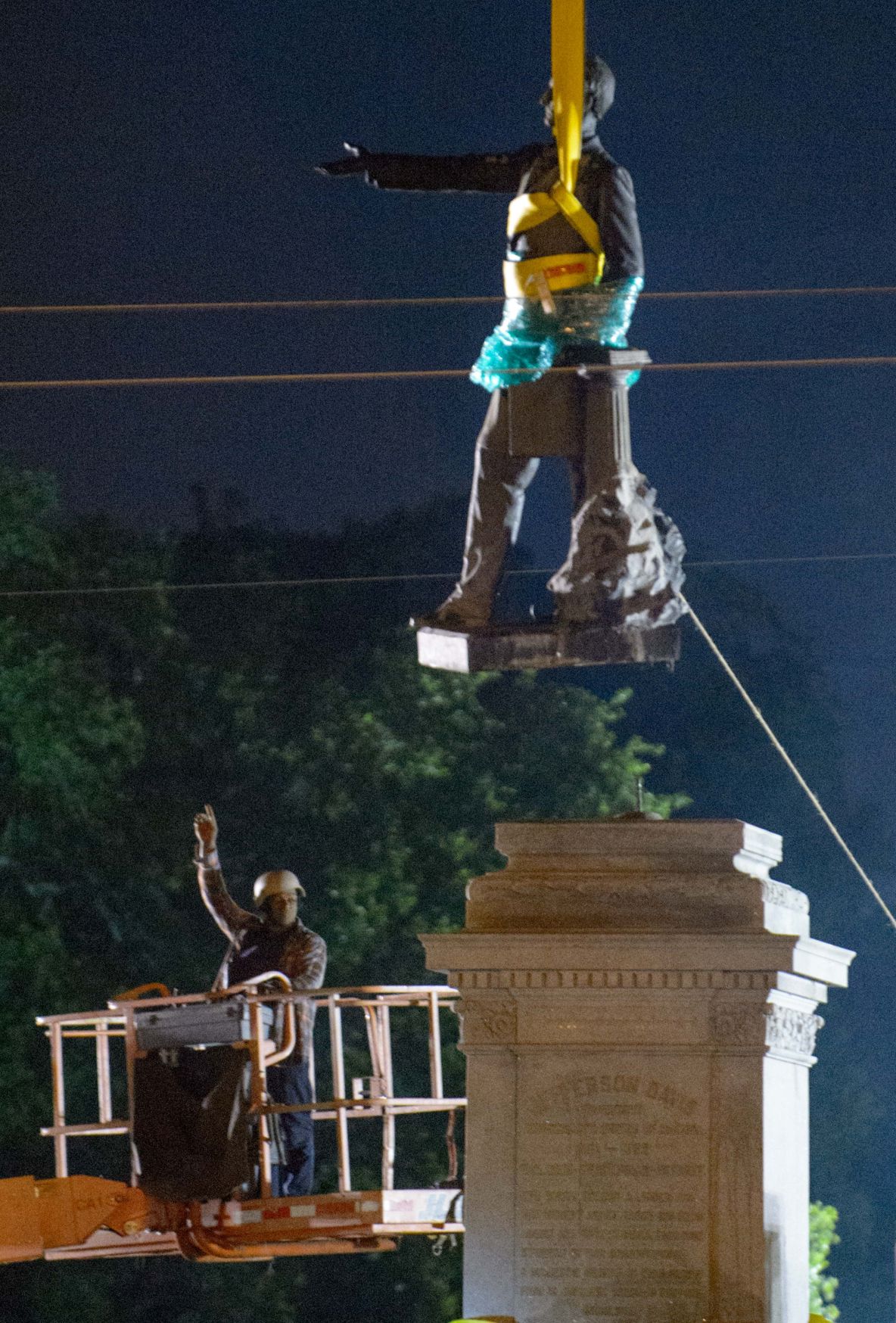Crisis Culture
In our crisis-based nation (we seem to have almost no culture except for the culture of crisis… which, by the way, I assume is the unavoidable consequence of the culture of media that we developed in the last few decades. To paraphrase Frank Peretti , “TV does not reflect the culture nor affect the culture; TV is the culture.”)
which, by the way, I assume is the unavoidable consequence of the culture of media that we developed in the last few decades. To paraphrase Frank Peretti , “TV does not reflect the culture nor affect the culture; TV is the culture.”)
Crises allow attention-seeking people to find that attention without earning it. I think this is a major cause of this cultural shift. My generation, Gen X, was the first generation of Americans to not be drafted into combat and I think combat is probably a consistently trustworthy way to weed out attention-seeking people with a poor sense of identity outside of their role within the current crisis.
These people find purpose in creating problems for other people in their sphere of influence and are in a constant search to prop up their flagging identity by linking their identity to a cause that is in the attention of the public. They experience a sense of fear or even panic as the crisis begins to fade as its few hours or days begin to run short – and the next new end-of-the-world crisis begins to take over.
Add to that the fact that some of these cultural crises have created their own cottage industries and you can see how certain ones keep coming back. Racism is one of these. The entire world as well as the US has a long history of racist thought. Any concept of racial superiority is, and always has been, one of the stupidest thoughts humans have come up with. More has been accomplished in the modern western world to engage with and minimize racist thought than probably ever before in history and anywhere in the world… but it is still one of the culture of crisis’ favorites.
Again, there is still endemic racist thought. It seems to be a universal experience for my African American friends. It has to end. It makes absolutely no sense that any black man would be treated any differently than a white man for no other reason than the color of his skin.
Absurd.
I am always impressed at my own inability to see from the perspective of people different from me – from other cultures, backgrounds, sex, ethnicity, etc. The more that is different about them from me, the less intuitive it is to me to see their way of thinking.
But I don’t think these crisis culture people are motivate by racism positively or negatively. I think they are motivated by likes, thumbs up emojis, clicks, and public attention.
It is the quantity of response they crave, not the quality.
Not everyone is like this who is involved, of course. But some are, and I hate the thought of being lumped in with them hurts me.
In fact, this seems like a good time to communicate my assumption that I am off base in my understanding in some of this stuff. I am sure that I have committed some of the same internally scripted thinking that is so tough for almost any of us to completely see.
There is nothing in this article intended to offend people who are sincerely struggling with this, but that doesn’t mean I didn’t! If I did, I apologize.
Anyway, the attention seekers, and crisis culture addicts? I see them as more innocent than another group – the baiters.
Hate – baiting, of which race-baiting is an example, is a deeply evil motivation, and I think there are many in the US who are involved in it. I want to take just a second to call them out. I don’t care which side of these issues you are on. If you are continuing to support and empower the role of racism in our culture, you are a race-baiter. The white supremacists and supremacists of any race are the easily (deservedly) seen to be culpable in this, but in my soul, I fear that much of it is motivated by some people who don’t hate nor really care… but just seek position, power, or election through race baiting. I hope I am wrong, but I think I am not on this one.
Followers of Christ must be different on this. We are the peacemakers!
I also think I have an answer to the question of “how far do we take this?” I think the line can be “honor” versus “remember”.
I know I mentioned this already, but I think we need to determine who it is appropriate to  honor in our culture and why (big enough step, I know), but at least there are some we are likely to be able to agree on one way or another. Those on the list who are on the “we know we desire to honor” list, we name things after them, etc. Those on the “we know we don’t want to ask people to honor” we change the names or move the monuments into museums, where they can be remembered.
honor in our culture and why (big enough step, I know), but at least there are some we are likely to be able to agree on one way or another. Those on the list who are on the “we know we desire to honor” list, we name things after them, etc. Those on the “we know we don’t want to ask people to honor” we change the names or move the monuments into museums, where they can be remembered.
Now, who decides how to enforce this? I think it has to be local governments – the more local the better, but I still think it is a fair way to come at the issue.
All this being said, all of the articles on The Theology of Race (**** link to follow) and this series of articles is really written to my Christian brothers and sisters. I think the ethics of Christ give us some great guidelines for how to handle crises like this. Let us not seek after our on interested above others.
May I beg all of us, especially proclaimed Christ followers, as we seek to
1. see ourselves humbly,
2. grow up to learning to speak the truth in love (Ephesians 4),
3. to live at peace with everyone (to the degree it is up to us),
4. to think about right things, and to
5. consider others more significant than ourselves,

6. to recognize that we are broken too, and we must consider our own motives. If we find ourselves craving those clicks, maybe we need to make no provision for the flesh which yearns for the comfort of such counterfeits of true value and identity, and wait before we respond, so that,“If possible, so far as it depends on you, live peaceably with all… Do not be overcome by evil, but overcome evil with good.” The Apostle Paul, Romans 12:18 & 21
Pingback: Confederate Monument Controversy – Part 4 | Chris Legg, LPC